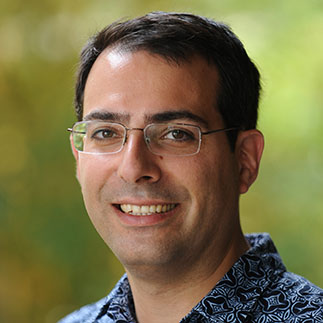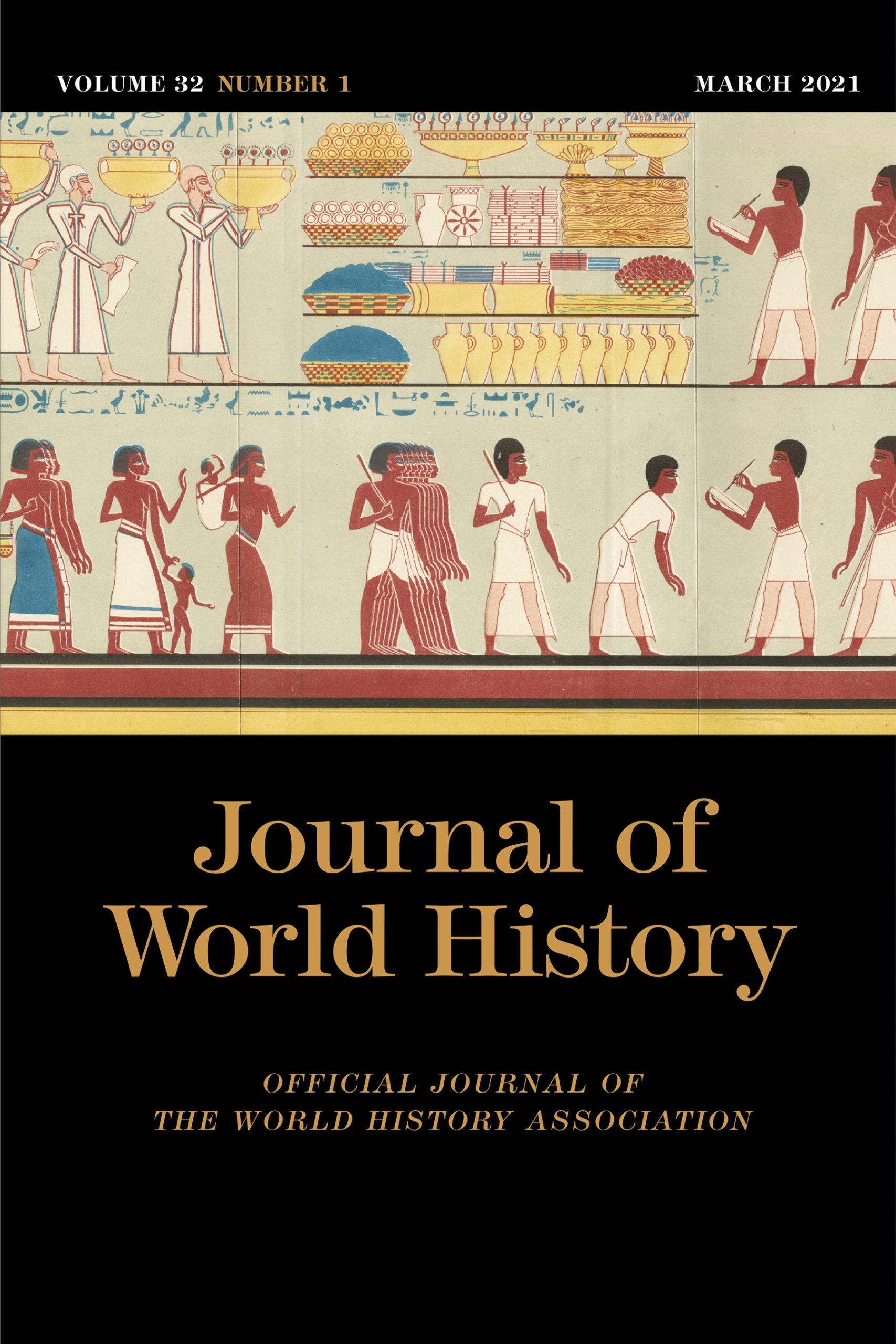Next week, the World History Association hosts its annual meeting virtually, from July 5 to 9, on the theme “Health, Globally.” The Journal of World History offers an accompanying special collection, free on the Project MUSE platform through summer. Attendees can also receive 30% off select world history titles.
The “Health, Globally” special issue draws together some of the journal’s most frequently cited and downloaded material alongside some less well-known contributions. Together, these articles present a multivalent approach to the study of global health. Some are driven by new scientific breakthroughs that allow previously held assumptions to be challenged and even rewritten. Some consider the history of health to be a debate about culture or the method of communicating knowledge. Some take a global approach to consider issues that touched every corner of the world, and others begin with specific local circumstances and consider how these episodes inform greater debates in world history.
This special issue provides accessible resources for scholars and teachers worldwide, pulled together by editor Matthew P. Romaniello, who discusses the issue below.

University of Hawai‘i Press: Tell us how this special issue came together.
Matthew P. Romaniello: The World History Association’s President, Laura Mitchell, let me know that the annual conference was going to be organized around the theme of “Health, Globally,” and it just seemed like a perfect fit for a special collection. Pandemics have been a recurring threat throughout history, making this theme not only reflective of the ongoing pandemic but also one with deep roots in the journal’s past.
UHP: Why is this issue important now?
MPR: I’m just going to quote from the WHA’s original call for papers for the conference this summer because it’s so apt: “The urgency of global public health crises, economic hardship, famine and food insecurity, political instability, ongoing violence, and environmental disasters demand immediate attention and invite measured analysis over long time horizons—a move along temporal scales at which world historian excel.”
UHP: How do you hope people will use this issue?
MPR: We are extremely fortunate that the University of Hawai‘i Press has once again worked with Project MUSE to make the special collection available open access until the end of September. My hope is that these articles will be brought into world history classes this fall to have students critically engage with the impact of health crises throughout history. We all know students are grappling with how their lives have changed in the past year, and these case studies can speak meaningfully to the way past societies have responded to, and recovered from, pandemics.
UHP: In addition to this year’s World History Association meeting, what resources would you point your colleagues to?
MPR: There’s a tremendous wealth of resources available to study responses to past pandemics, both other scholarly works and an enormous body of primary sources. Harvard University made available some of its resources through “Contagion: Historical Views of Diseases and Epidemics,” which is a curated collection for the classroom. Many scholars are probably familiar with the open access collection available through PubMed, but the National Library of Medicine (NLM) has rich digital resources available on its website. Between the NLM and the Wellcome Library in London, there’s just an enormous variety of primary sources available. I also recommend browsing the resources identified at the American Association for the History of Medicine, particularly the Syllabus for “A History of Anti-Black Racism in Medicine,” which lays out a plan for integrating two of the defining issues of the past year—structural racism and health—in one class.
UHP: Finally, a year in, how has the pandemic affected your own research and teaching?
MPR: It’s been a long year. I’ve learned a lot about how to approach virtual and online teaching, but I’m mostly relieved to be back in the classroom this fall. And I’ve enjoyed the time I’ve had to focus on both editing and writing, but I’m optimistic about a return to the archive next year. There’s no doubt we have incredible access to online materials compared to only a few years ago, but there’s nothing quite like being in the archive and making an unexpected discovery!
Join Matthew P. Romaniello for a roundtable discussion with special issue authors Gregory D. Smithers, Nükhet Varlik, and Stephanie Anne Boyle on July 8 at the World History Association meeting.
Health, Globally
Table of Contents
“Health, From the Personal to the Global”
Matthew P. Romaniello
Malaria and the Peopling of Early Tropical Africa
James L. A. Webb
Scientists Doing History: Central Africa and the Origins of the First Plague Pandemic*
George D. Sussman
From “Bête Noire” to “le Mal de Constantinople”: Plagues, Medicine, and the Early Modern Ottoman State
Nükhet Varlik
Making Global Commerce into International Health Diplomacy: Consuls and Disease Control in the Age of Revolutions
Katherine Arner
The “Pursuits of the Civilized Man”: Race and the Meaning of Civilization in the United States and Australia, 1790s–1850s
Gregory D. Smithers
Domesticating Labor: An Illicit Slave Trade to The British Straits Settlements, 1811–1845
Shawna Herzog
Cholera, Colonialism, and Pilgrimage: Exploring Global/Local Exchange in the Central Egyptian Delta, 1848–1907
Stephanie Anne Boyle
The “Globalization” of Disease? India and the Plague
I. J. Catanach
“One’s Molokai Can Be Anywhere”: Global Influence in the Twentieth-Century History of Hansen’s Disease
Kerri A. Inglis
Population, Geopolitics, and International Organizations in the Mid Twentieth Century
Alison Bashford






